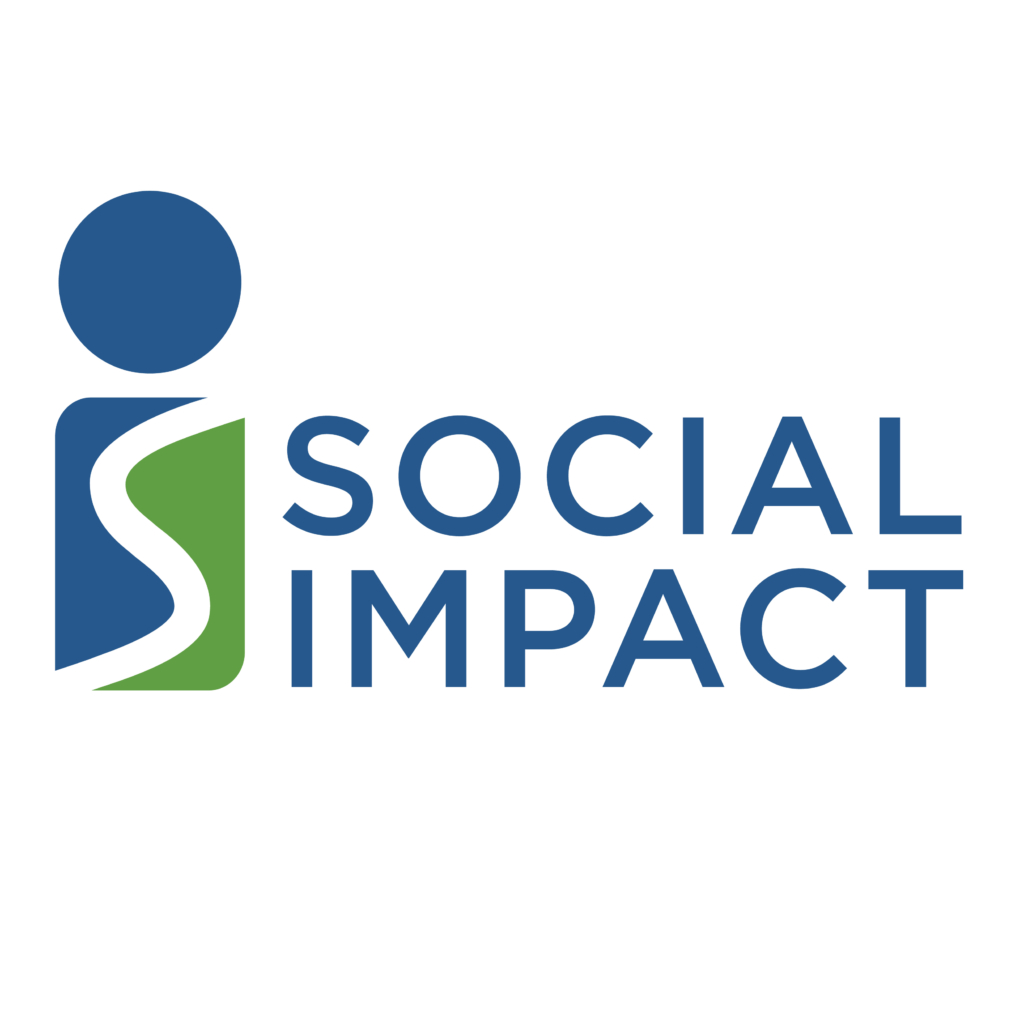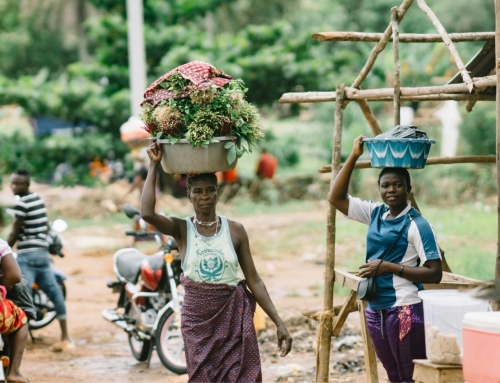Introduction
April 7 is World Health Day and this year’s theme is calling attention to the right of everyone, everywhere to have access to quality health services. Achieving United Nations (UN) Sustainable Development Goal 3 – Ensure healthy lives and promote well-being for all at all ages by 2030, hinges upon improving universal health coverage, especially for women and children. Unfortunately, survival gains have stalled significantly since 2010 and 54 countries are expected to fall short of meeting the SDG target for under-five mortality. The chances of a child surviving past the age of five is highly dependent on where they are born; more than 80% of the 5 million under-five deaths in 2021 were in sub-Saharan Africa and southern Asia.1
Routine Immunization (RI)
Social Impact is providing programmatic and strategic support to the Bill and Melinda Gates Foundation (BMGF) in Nigeria and Ethiopia to strengthen its contributions to Routine Immunization programs and achieve better health outcomes.
Immunization is a key public health intervention for preventing deaths and disability from communicable diseases throughout different stages of life, especially in early childhood. Routine vaccines are critical for protecting newborns and young children from common but deadly diseases in their environment like tuberculosis, poliomyelitis, measles, whooping cough, meningitis, etc. Immunization is also crucial for building strong and resilient public health systems that can prevent and respond to infectious disease outbreaks in a timely manner.
Despite the public health and economic benefits of immunization, many countries including Nigeria have not reached full immunization coverage that is appropriate for every individual based on their age. Additionally, access to essential health services halted during the Covid-19 pandemic; globally, 25 million children missed out on important routine immunizations in 2021, six million more than in 2019.2
SI’s Routine Immunization Contribution Analysis – BMGF Nigeria
As of 2021, immunization coverage in Nigeria was only 56% and up to 1.5 million children had not received any immunization.3 Recent UN estimates place Nigeria far below SDG targets in terms of reducing preventable newborn and child deaths, with a neonatal mortality rate of 70.6 per 1,000 live births (SDG target = 12) and an under-five mortality rate of 110.8 per 1,000 live births (SDG target = 25).4
To address these shortcomings, the BMGF foundation is working to accelerate universal immunization coverage in Nigeria through improvements in the structure, integration and scale of the RI program. In late 2022, SI conducted a Contribution Analysis (CA) of RI investments and programming in Nigeria to help advance the foundation’s work and inform the next generation of investments in the country. Through this analysis, SI identified a clear theory of change for the RI work in Nigeria and examined various system and delivery drivers of the foundation’s work. The CA helped to examine how the foundation prioritized and expanded its efforts towards improving immunization coverage and health outcomes in Nigeria and identified gaps to inform evidence-based programmatic decisions to further maximize impact.
SI helped to unearth a decade of data and learnings around the end-to-end vaccine supply chain and logistics, leadership and management efforts, and vaccine financing efforts in the country. SI also found opportunities for how the foundation and its partners could expand coverage and generate stronger demand for RI services 5. Through this analysis, SI provided the foundation with a clear set of lessons learned across all key elements of RI and specific recommendations for future programming.
Future impact potential
The RI CA was very well received by the foundation and its partners, and it is hoped that this work will facilitate future adaptive decision-making and strategic planning of this crucial work. Social Impact is proud to partner with the foundation on its journey to save an additional 4.1 to 5.6 million lives in Nigeria by 2030.6
1 Child mortality and causes of death. The Global Health Observatory, WHO. 2024.
2 Li X, Mukandavire C, Cucunubá ZM, et al. Estimating the health impact of vaccination against ten pathogens in 98 low-income and middle-income countries from 2000 to 2030: a modeling study [published correction appears in Lancet. 2021 Feb 20;397(10275):670]. Lancet.
3 The 2021 Multiple Indicator Cluster Survey/National Immunization Coverage Survey (MICS/NICS).
4 UN Inter-agency Group for Child Mortality Estimation (IGME), 2021.
5 Routine Immunization Contribution Analysis. BMGF Nigeria Country Office. October 2022. (private).
6 BMGF [Impact of lives saved is a projection calculated by inputting key indicators. The range of deaths averted is broken down to three scenarios: i) lives saved per 2021 coverage rate; ii) lives saved per ~74% coverage rate; and iii) lives saved per ~90% coverage rate].
______
Kallene Ryan is a Senior Technical Specialist in Health at Social Impact. Throughout her time at SI, Kallene has supported the Bill and Melinda Gates Foundation offices in Nigeria, Ethiopia and Seattle (HQ) on programmatic advancement and health systems strengthening. Kallene is a passionate advocate for health rights and equality for all, especially underserved populations.








